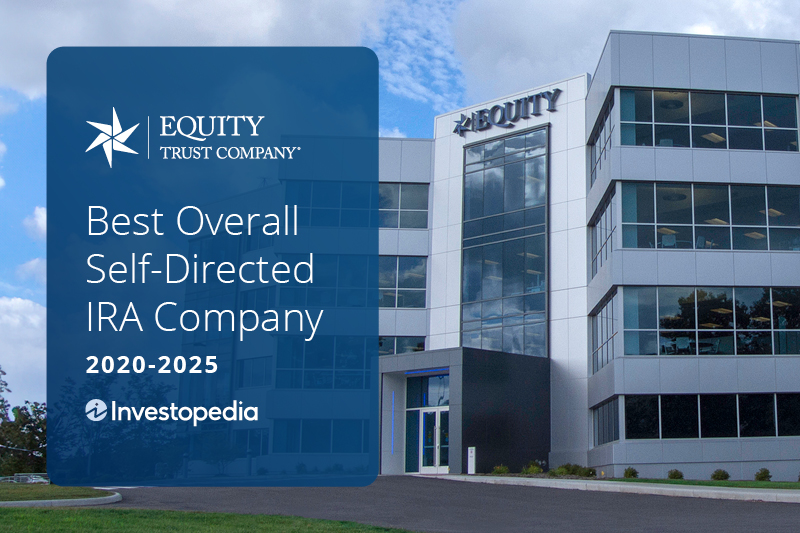Experience, Knowledge, and Service
Important Factors to Consider When Selecting a Self-Directed IRA Custodian:
- A custodian is required for all IRAs
- The difference between custodians, administrators, and promoters
- Experience, knowledge, and service are critical
- True value for services
When choosing a self-directed IRA custodian you should be comfortable with their industry experience, knowledge, and customer service.
Experience
When selecting a self-directed IRA custodian knowing their industry experience is important to building trust in their services. Your financial future is in the hands of the custodian; you should be cautious if they have limited experience.
Knowledge

Self-directed IRA custodians are considered a directed custodian and therefore do not provide investment advice. However, a competent custodian should have a superior knowledge base of the industry.
The employees, from sales and marketing to client service and operations, should reflect this knowledge. The custodian should be able to provide detailed—but easy to read and understand—material on self-directed IRAs that reference authoritative resources.
Service
With any business relationship the quality of service should be a top priority.
From the first contact your interaction with a self-directed IRA provider should be friendly, professional, knowledgeable, efficient, and consistent.
True Value
 All custodians charge fees, but what value and service do you receive for those fees? Fee schedules and structures vary between providers and you should beware of firms that are reluctant to discuss fees, that try to “nickel and dime” you, or that have hidden fees. It is important that you understand the fees and how they may be applied to your account.
All custodians charge fees, but what value and service do you receive for those fees? Fee schedules and structures vary between providers and you should beware of firms that are reluctant to discuss fees, that try to “nickel and dime” you, or that have hidden fees. It is important that you understand the fees and how they may be applied to your account.
Difference between Self-Directed IRA Custodians, Administrators or Promoters
Custodian
IRA custodians must adhere to the IRS requirements to have the authority to hold title to the assets, investments, or properties of their clients. Custodians must meet all obligations to be allowed to issue funds, including writing checks and issuing wires for account funds. Additionally, custodians must allow for oversight and requirements for audits by regulatory bodies.








 All custodians charge
All custodians charge 



